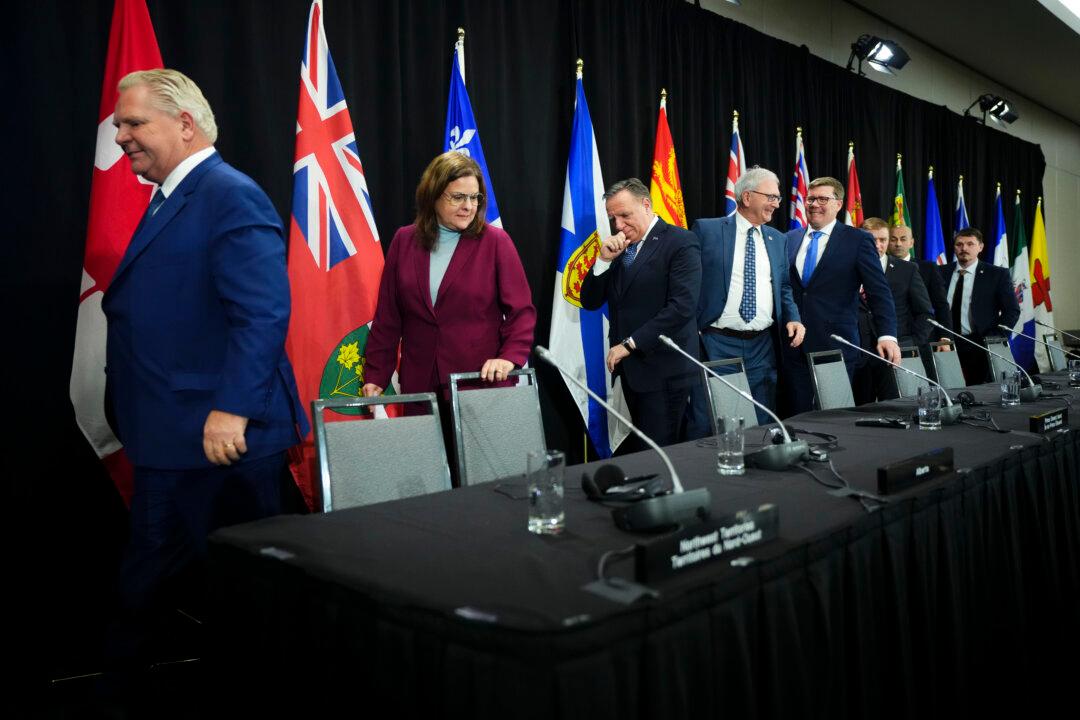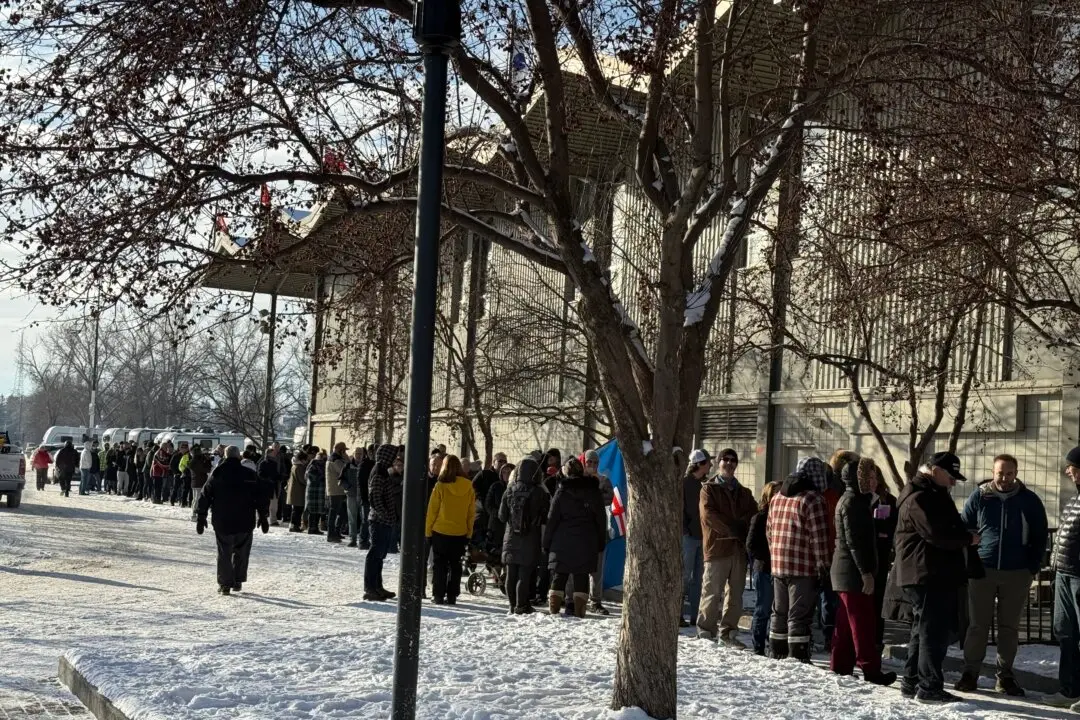Commentary
First Ministers’ conferences in Canada tend to be exercises of political theatre and this week’s health-care summit hosted by Prime Minister Justin Trudeau was no exception. The show went smoothly aside from the awkward handshake episode between a smiling Trudeau and a clearly nonplussed Alberta Premier Danielle Smith during the photo-op stage of the affair.





